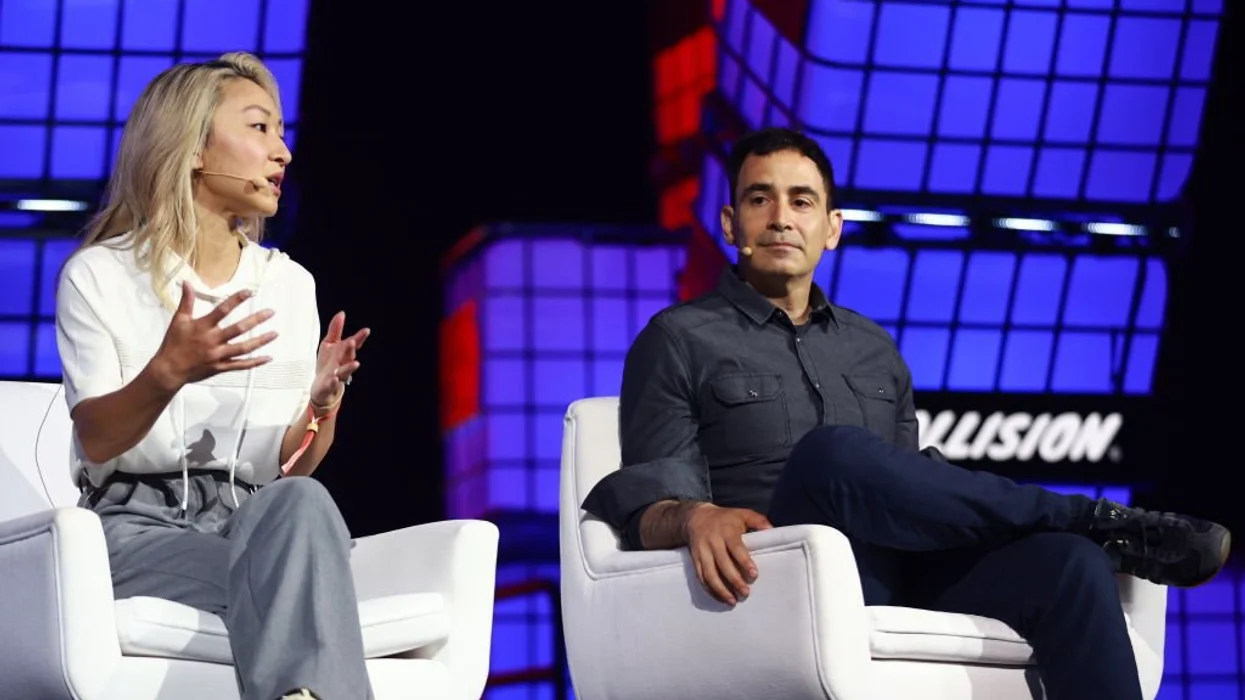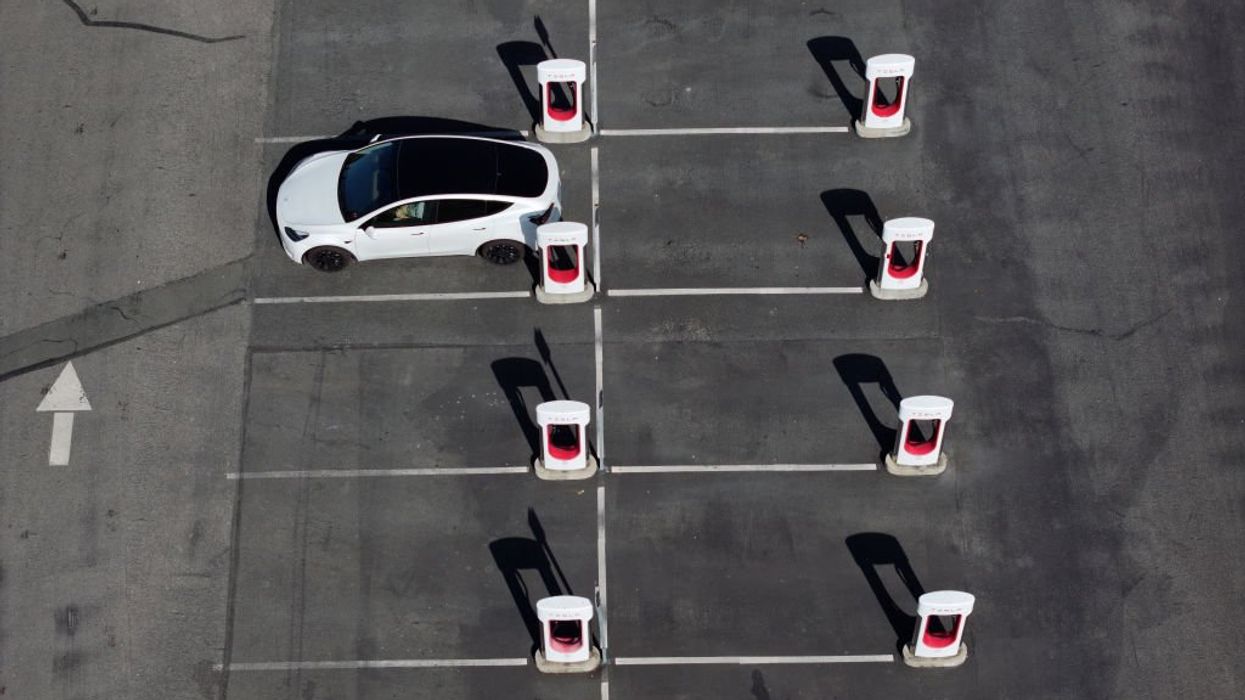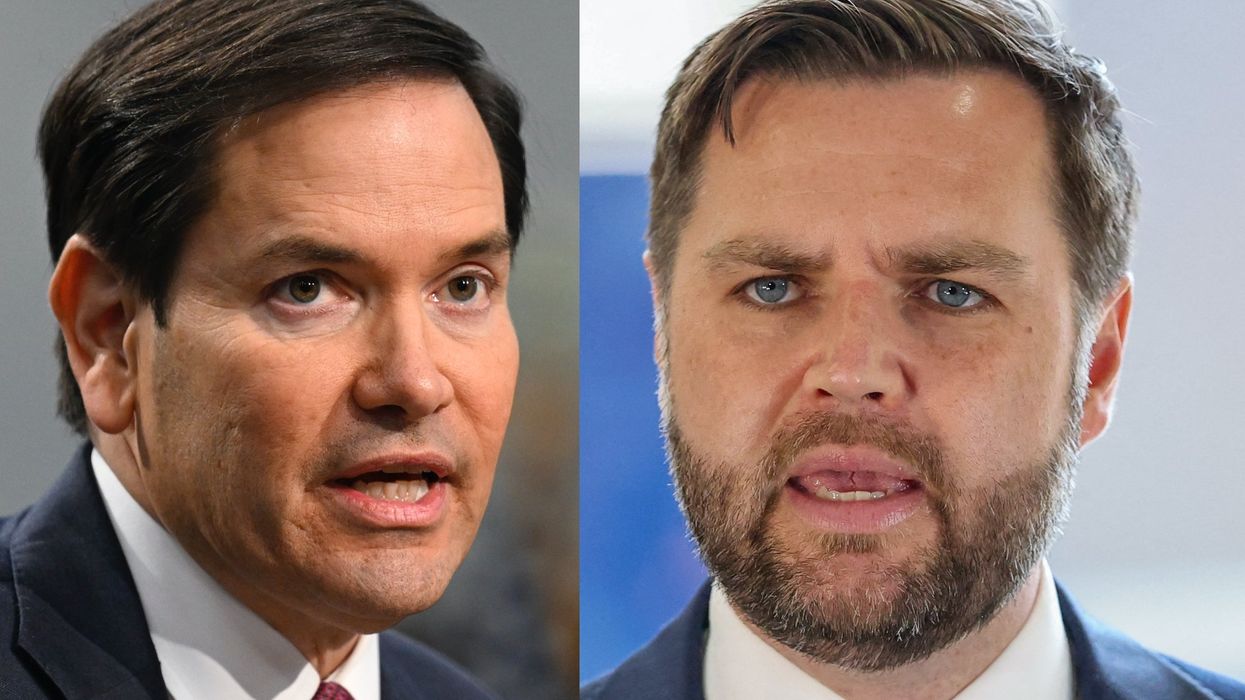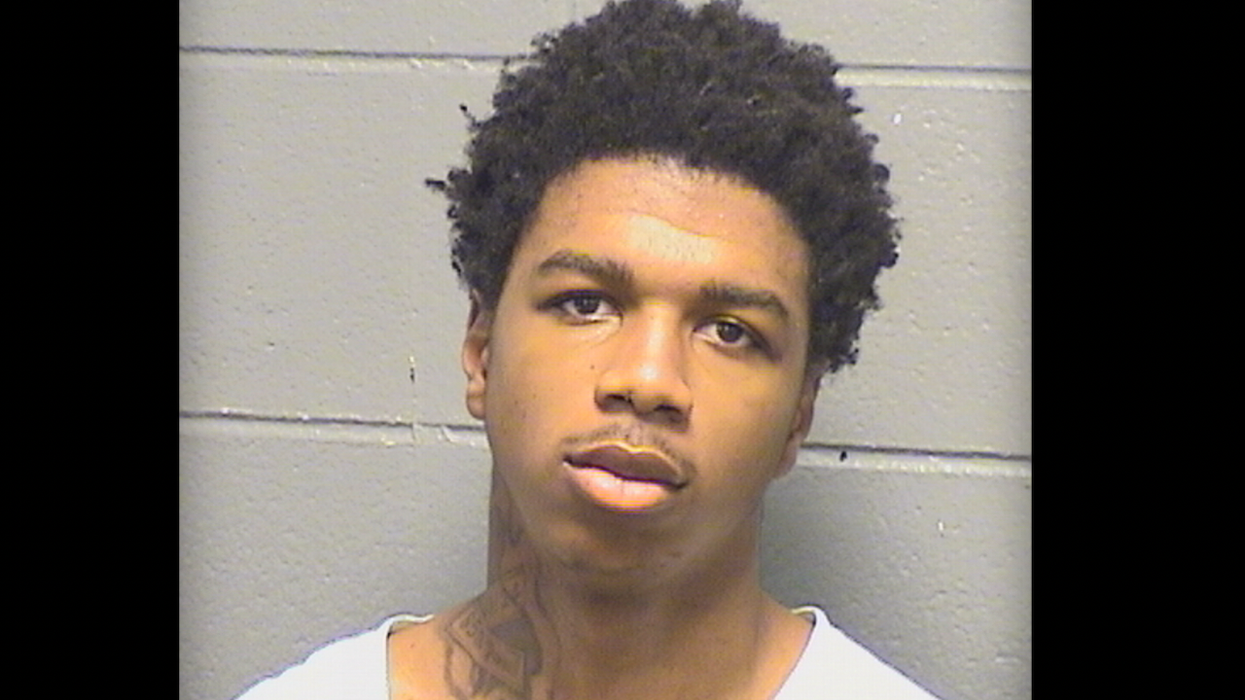Former White House press secretary Jay Carney appeared on the "Late Show With David Letterman" Wednesday night to discuss why he left a two-decade career in journalism to become a government spokesman, what it was like working for President BarackObama and plenty more.
Letterman, who started the interview with comments about Carney's youthfulness, joked that the first time he saw the press secretary he thought, "Oh, it must be junior high day at the Oval Office."
From there, Carney, 49, took a more serious turn, describing what led him to leave Time magazine for the Obama administration, claiming that he had always been an objective reporter before joining the Democratic team.
 In this photo provided by CBS, former White House press secretary Jay Carney, left, talks with host David Letterman on the set of the “Late Show with David Letterman,” Wednesday, July 30, 2014, in New York. (AP Photo/CBS, John Paul Filo)
In this photo provided by CBS, former White House press secretary Jay Carney, left, talks with host David Letterman on the set of the “Late Show with David Letterman,” Wednesday, July 30, 2014, in New York. (AP Photo/CBS, John Paul Filo)
"I was an old-fashioned journalist, not an advocate, didn't take sides in my job," he said. "But I was extremely excited personally about the Obama-Biden victory."
When an unnamed friend whom Carney described as a foreign policy expert who plays in a "garage band" told him that Vice President Joe Biden was looking for a communications director, he jumped at the opportunity. That job eventually led to the press secretary position.
Considering Carney's professional relationship with Biden, Letterman asked if the perception that the vice president puts his foot in his mouth every time he speaks is accurate.
"It's not accurate, but it had become the narrative," he responded.
Watch the first part of the interview below:
Carney and Letterman went on to discuss the "adversarial" relationship that exists between government officials and the press.
"Certainly in the post-Watergate era it has become an adversarial relationship and it should be ... and in my experience, there has always been this tension," Carney said.
He added that complaints by journalists that they don't have access to the White House are nothing new and that people acting as though transparency grievances are a new phenomenon "really don't know their history."
Carney also described what went into choosing which reporters he would call on during press conferences, noting that he was always sure to call on the "major news organizations that invest a lot of resources in covering our president, our White House and our government."
"You can't avoid them because that would become a story," he added.
Watch part two of the interview below:
Letterman was also curious about how Obama reacted to Carney's departure as press secretary earlier this year.
"What was your departure like. ... I bet the president was sorry to see you go?" the comedian asked.
But Carney was careful not to divulge too much information, pausing before commenting and noting that he is "protective of some things."
"I am...well...you know I...I always... I'm protective of some things," he said. "But I'm the example or the proof rather that the myth of [Obama] being insular and not wanting to make new friends when he got to Washington or the White House just isn't true."
Watch Carney describe his departure below:
Letterman and Carney also discussed the many ways in which the former press secretary would avoid giving direct answers to the press, uttering, "No comment" and "I don't have the answer," among other responses.
"The smartest answer you can give if you don't have the answer is 'I don't know,'" Carney said. "The biggest mistake you can make as a press secretary is to assume you know the answer when you don't actually know."
Getting something wrong in today's media environment, Carney said, "can metastizise so quickly."
Watch him discuss the issue below:

 In this photo provided by CBS, former White House press secretary Jay Carney, left, talks with host David Letterman on the set of the “Late Show with David Letterman,” Wednesday, July 30, 2014, in New York. (AP Photo/CBS, John Paul Filo)
In this photo provided by CBS, former White House press secretary Jay Carney, left, talks with host David Letterman on the set of the “Late Show with David Letterman,” Wednesday, July 30, 2014, in New York. (AP Photo/CBS, John Paul Filo)





